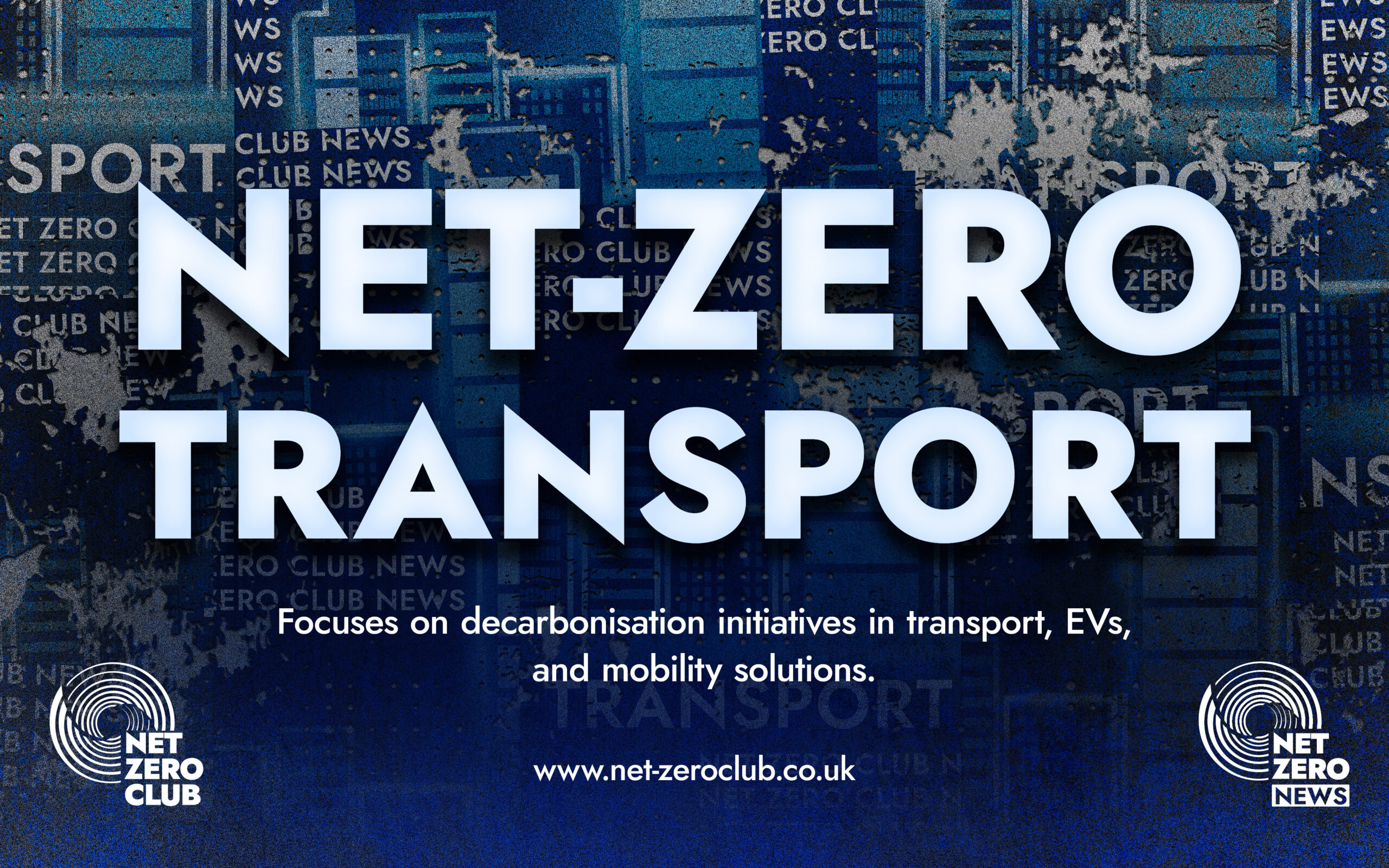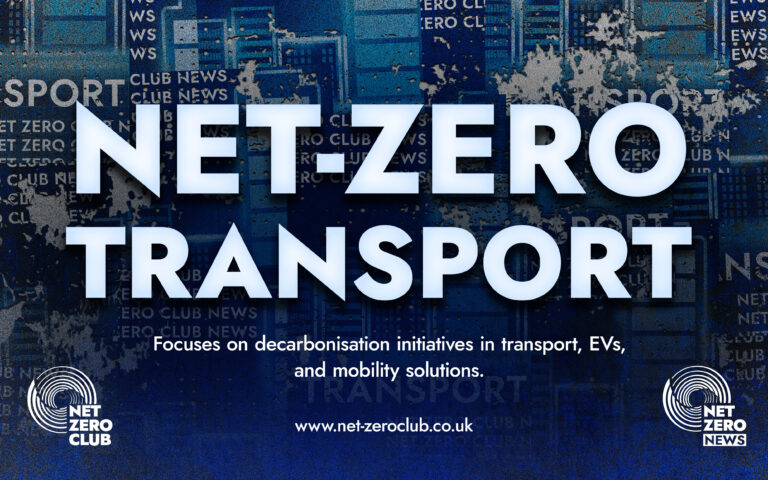Kia Enhances Battery Passports for EV Transparency

Welcome, Net Zero News readers,
In a groundbreaking move towards enhancing transparency in the electric vehicle (EV) market, Kia has embarked on its first public trials of a battery passport at a cellular level. This pioneering research aims to instil consumer confidence and provide a clearer understanding of EV battery health by delivering live, detailed data for each individual battery cell.
Beginning in February 2027, new regulations in the European Union will mandate that every electric vehicle sold must include a digital record known as a battery passport. This passport, accessible through a QR code affixed to the battery, will contain vital information including the battery’s materials, performance metrics, state of charge (SoC), and its overall health status (SoH).
Kia’s innovative trials stand out as the first to operate at a cellular level, enabling the collection of comprehensive data that aims to enhance the ownership experience for EV customers. By providing insights into battery repairability, longevity, and resale value, Kia is setting the stage for a new era of electric mobility.
To advance this research, Kia utilised an advanced EV3 vehicle equipped with sophisticated cell monitoring technology. This trial vehicle is not just a mode of transport; it’s a data powerhouse, capable of monitoring and transmitting real-time information for each battery cell and seamlessly uploading this data to its digital battery passport.
Once uploaded, this information is accessible to users, mechanics, and regulators alike, all through the vehicle’s infotainment system. This real-time access ensures that any changes to the battery’s health status are automatically updated, particularly after any repair work. The data-sharing pilot environment, developed in collaboration with TNO, plays a crucial role in this process, ensuring accuracy and traceability throughout the battery’s lifecycle.
The collaborative effort for this trial was orchestrated by Delft University of Technology in conjunction with Hyundai Motor Group. The potential of this system is vast; it could be adapted for various car models, integrated with different brands, or even expanded into other sectors entirely.
“Kia aims to set a new standard for customers regarding battery transparency and performance,” stated Marc Hedrich, president and CEO of Kia Europe. “Through testing cell-level battery passports, we gain insights on what ownership benefits we can offer our customers. Beyond advantages like extended battery life, we will be fostering a relationship built on trust.”
In addition to its groundbreaking research efforts, Kia has established a dedicated team of experts tasked with developing a comprehensive battery passport service. This initiative will be realised in collaboration with key partners across the EV battery value chain and related networks. Kia’s battery passport will not only comply with regulatory requirements but will also include supplementary safety-related data, enhancing the overall user experience. The company intends to roll out this service for all electric and hybrid electric vehicle models sold in Europe by the 2027 deadline.
One of the standout features of Kia’s research is its ability to collect and display data for each individual cell, as opposed to conventional monitoring systems that only assess the overall health of the entire battery pack or module. This granular approach provides numerous benefits for customers. With real-time insights into the state of health of their batteries, users can identify and address potential maintenance issues early on. This proactive approach can lead to longer battery life and decreased long-term costs.
The precision of this enhanced battery monitoring not only allows for targeted repairs of specific cells but also facilitates the replacement of individual cells instead of entire modules. This targeted approach not only saves time and money for vehicle owners but also enhances the sustainability of the EV market.
For owners of used electric vehicles, having access to live battery data significantly boosts trust in the vehicle’s performance, potentially leading to higher resale values. Transparency in battery health informs decisions regarding battery reuse and recycling, making it easier to keep EV batteries in circulation longer and ultimately reducing waste.
As we look towards the future of electric mobility, Kia’s innovative approach to battery passports marks a significant step forward in creating a more transparent and trustworthy marketplace for consumers. By focusing on the specific needs of EV owners and providing them with detailed insights into their vehicles’ performance, Kia is not only enhancing consumer confidence but is also contributing to the broader goal of sustainability in the automotive industry.
The implications of Kia’s research extend far beyond the immediate benefits to consumers. By promoting a culture of transparency and accountability within the EV sector, Kia is helping to pave the way for a more sustainable future. The collection of detailed battery data not only supports informed consumer choices but also plays a crucial role in the lifecycle management of electric vehicle batteries.
As the industry moves towards stricter regulations and the demand for electric vehicles continues to grow, the importance of initiatives like Kia’s battery passport cannot be overstated. By ensuring that every EV sold in Europe comes with a comprehensive battery passport, Kia is not only complying with upcoming regulations but is also setting a benchmark that other manufacturers may strive to meet.
In conclusion, Kia’s commitment to enhancing EV transparency and consumer confidence through its pioneering battery passport trials is a noteworthy development in the automotive industry. By providing real-time, cell-level data and fostering a relationship of trust with consumers, Kia is leading the charge towards a more sustainable and transparent future in electric mobility.
As we continue to follow Kia’s progress in this area, we encourage our readers to stay informed about the evolving landscape of electric vehicles and the innovative solutions being developed to enhance sustainability and consumer confidence. Together, we can all be champions of net zero and drive towards a cleaner, greener future.

 Got net-zero news, project updates, or product launches to share?
Got net-zero news, project updates, or product launches to share? 